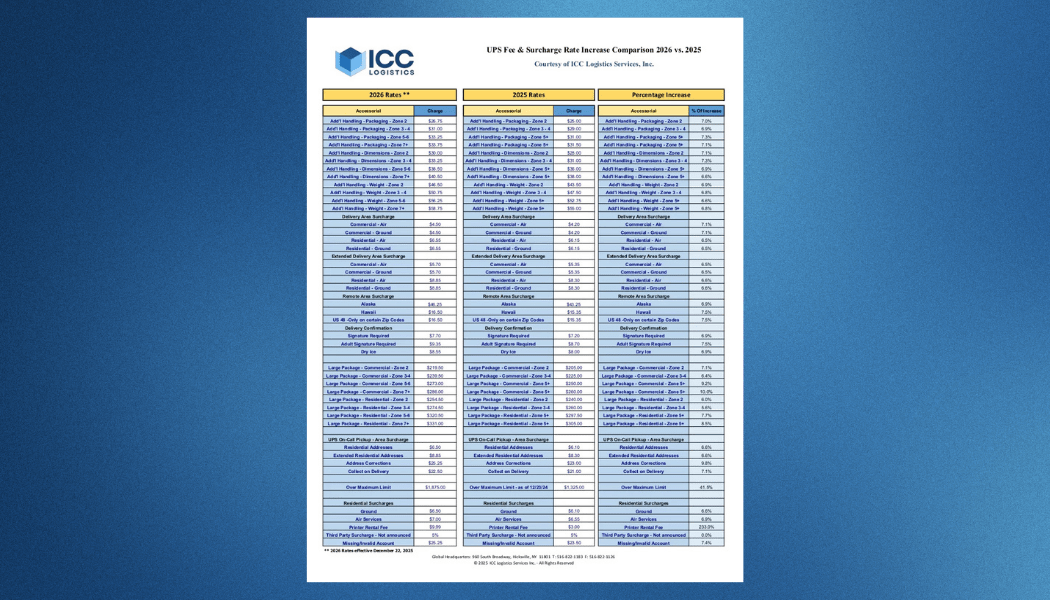US Businesses have been paying Fuel Surcharges to their carriers and logistics service providers for decades now, will that ever change?
For those who have been involved in shipping for some time, you may recall that initially these Fuel Surcharges were implemented as a “temporary” surcharge to compensate the shipping industry for large spikes in fuel costs. The theory was that when fuel costs would moderate the surcharges would disappear. Well as we all know that never happened and will not happen now and in the future. The word “temporary” is no longer used in conjunction with the words Fuel Surcharges.
In those early days when Fuel Surcharges were first introduced, many shippers balked at paying them because they felt that freight carriers and logistics service providers had obviously calculated fuel costs in their pricing before their rates were ever published. So the Traffic Manager, as they were referred to in those days, felt that this was a double dipping approach by the carriers just to enhance their bottom lines. That same argument might even be made today, but with the proliferation of Fuel Surcharges for all modes of transportation, the assessment of Fuel Surcharges is just part of the rate making process for all transportation and logistics service providers for the long term.
Some shippers are still balking at the implementation of fuel surcharges being assessed on accessorial services as some carriers have published in their operating rules, stating that Fuel Surcharges can be assessed on these accessorial services, such as Residential Deliveries, Inside Deliveries, etc. To some, the assessment of Fuel Surcharges for services that do not involve fuel related costs, are just another way for carriers and logistics service providers to double dip.
The current inflationary pressures on US businesses, as well as the tragic events in Ukraine, have further exacerbated the increase in fuel costs with absolutely no end in sight. This is a global crisis now and will be for the foreseeable future.
To think that these Fuel Surcharges have been totally absorbed by US Businesses over these many years is certainly not plausible. Certainly, these businesses have adjusted their prices to their customers to absorb at least some of these increasing fuel costs. But now we are starting to see businesses looking to implement a pass through Fuel Surcharge as a separate line item on their merchandise invoices to their customers. Some business are even considering either an increase in the product cost to the customer, or for those businesses that charge a line item freight charge, increasing those costs to offset the current drastic increase in fuel related costs. The danger here is that should fuel charges moderate, will these businesses reduce or even eliminate these increased fees.
The bottom line is that these continually rising fuel and transportation related costs for that matter, can no longer be absorbed entirely by US businesses and that ultimately the consumer will be paying these higher costs out of their own pockets. It behooves every business to closely monitor their costs to find ways to control these skyrocketing costs so they do not end up behind the eightball.
We’d love to hear your thoughts on this subject.



 to receive our FREE white papers:
to receive our FREE white papers: